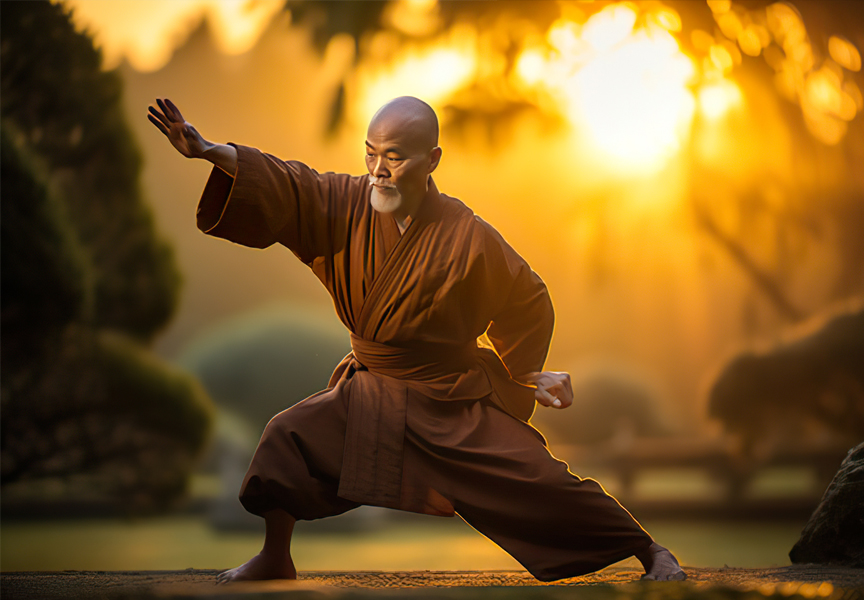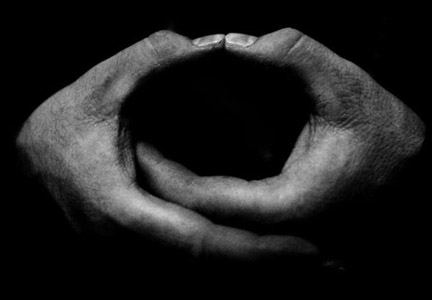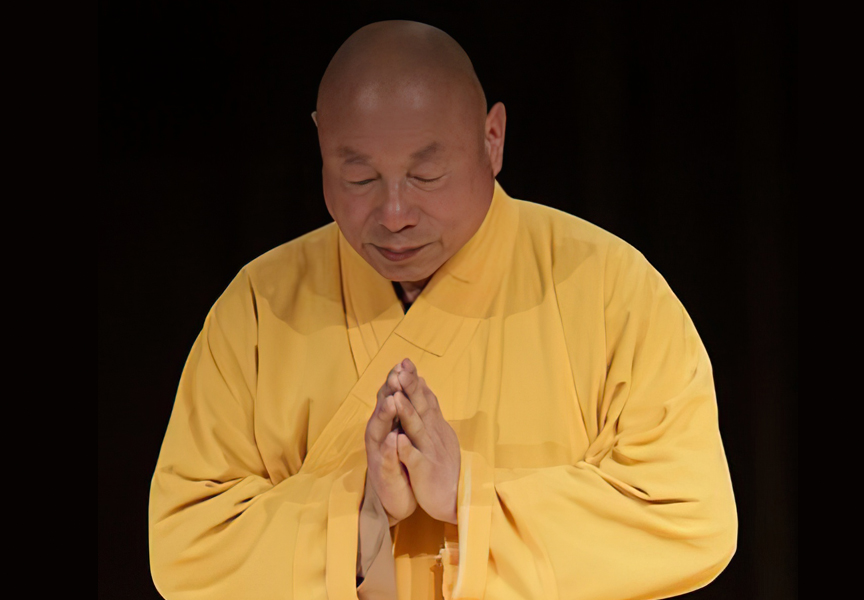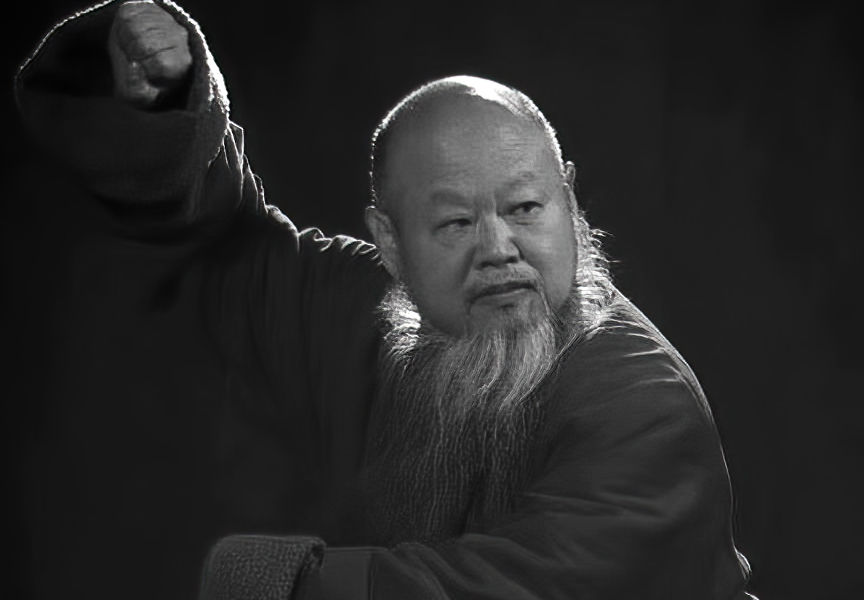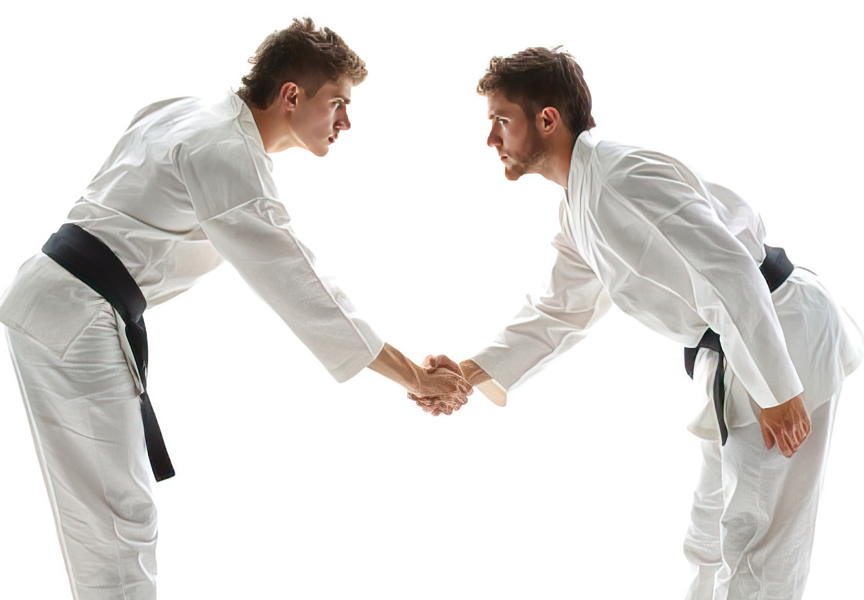No To Violent Instincts and Discrimination
Sport has always been a mirror reflecting human society, embodying ideals of teamwork, dedication, and the pursuit of excellence. However, in the heat of competition, it can also magnify humanity’s darker impulses, including violence, aggression, and even discrimination. In this context, it's crucial to emphasize that the true spirit of sport lies not in brute force or exclusion, but in noble competition, where respect, fairness, and the upliftment of human dignity prevail. Sport should serve as a platform for fostering unity and equality, transcending borders and prejudices, rather than amplifying destructive tendencies.
Noble Competition: The Essence of Sport
At its core, sport is a celebration of human potential. Athletes push themselves to their limits, testing their skills, strength, and endurance in pursuit of victory. But while winning is often the ultimate goal, the means by which it is achieved matters just as much, if not more. Noble competition emphasizes sportsmanship, mutual respect, and fairness. It is not about overpowering an opponent at any cost; it is about striving for excellence while upholding values that benefit both competitors and spectators.
In noble competition, athletes recognize that their opponents are essential to their own success. Without a worthy adversary, there is no true victory. This recognition fosters an atmosphere of respect, where even the fiercest competitors can shake hands, exchange a smile, or offer a gesture of camaraderie after a hard-fought contest. This spirit transcends individual triumph and highlights the shared human experience, where challenges are met not with hostility but with a desire to improve and grow.
Violence and Aggression: The Dark Side of Competition
Unfortunately, not all sports experiences are framed by this noble vision. In some cases, the intensity of competition fuels violent instincts, both on and off the field. From physical altercations during games to aggressive chants from the stands, violence in sport threatens to overshadow the very principles it is meant to celebrate. This aggression can be spurred by the pressure to win at all costs, toxic rivalries, or even the glorification of physical dominance.
While some sports, like boxing or rugby, may inherently involve physical contact, this should never be confused with an invitation to indulge in reckless aggression. When athletes cross the line from playing hard to seeking to harm, sport loses its purpose. It devolves into a spectacle of brutality rather than a demonstration of skill and strategy. Moreover, when fans mirror these behaviors by engaging in brawls or hurling insults, it erodes the community-building aspect of sport.
The glorification of violent instincts can also lead to long-term consequences. Athletes may face severe injuries, fans may become disillusioned with the sport, and the general culture of sportsmanship can deteriorate. When unchecked aggression is allowed to flourish, it alienates those who believe in the core values of sport—respect, fairness, and personal integrity.
Discrimination: A Barrier to Equality
Alongside the threat of violence, discrimination remains a significant issue in many sporting arenas. Whether based on race, gender, sexual orientation, or nationality, discrimination in sport undermines the principle of equality that should be central to all competitions. Sport is often seen as a level playing field, where merit is the sole determinant of success. But when discriminatory attitudes or policies persist, they deny individuals the opportunity to compete on fair terms.
The world has witnessed many examples of discrimination in sport, from racial slurs hurled at athletes to the exclusion of women from certain sports. These instances not only harm the individuals directly involved but also send a broader message that some people are less deserving of opportunity and recognition. This runs counter to the inclusive spirit of sport, which should embrace diversity and celebrate the achievements of all athletes, regardless of their background.
To combat discrimination, sporting bodies, athletes, and fans alike must take an active stand. This includes enforcing zero-tolerance policies on racist or sexist behavior, creating equal opportunities for underrepresented groups, and promoting role models from diverse backgrounds. By fostering an inclusive environment, sport can become a force for social change, challenging prejudices and inspiring future generations to reject discrimination in all its forms.
The Role of Sport in Promoting Unity
Sport has a unique power to bring people together. Whether it's the World Cup, the Olympics, or a local league match, sports events have the potential to unite fans and participants across cultural, social, and national divides. In these moments, the world’s differences can be set aside in favor of a shared love for the game.
This sense of unity is perhaps sport’s greatest strength, and it should be nurtured. When sport is used as a platform for peace and understanding, it can bridge divides that seem insurmountable in other contexts. For example, mixed-nationality teams or competitions that emphasize collaboration over rivalry help break down stereotypes and build mutual respect. Initiatives like these demonstrate that sport is not just about competition, but about creating connections and promoting solidarity.
Conclusion: A Call for Noble Ideals in Sport
The future of sport depends on how we approach competition. While the desire to win will always be an integral part of the athletic experience, it should never eclipse the values of respect, fairness, and inclusivity. Noble competition uplifts everyone involved—it challenges athletes to push their limits while treating their opponents with dignity, it inspires fans to appreciate the beauty of the game without resorting to violence, and it promotes equality by rejecting all forms of discrimination.
In advocating for noble competition, we call on athletes, governing bodies, and fans to hold sport to its highest ideals. Let sport be a realm where humanity’s best instincts prevail over its worst, where competition brings people together rather than driving them apart, and where victory is not just about being the best, but about being the best version of ourselves.
